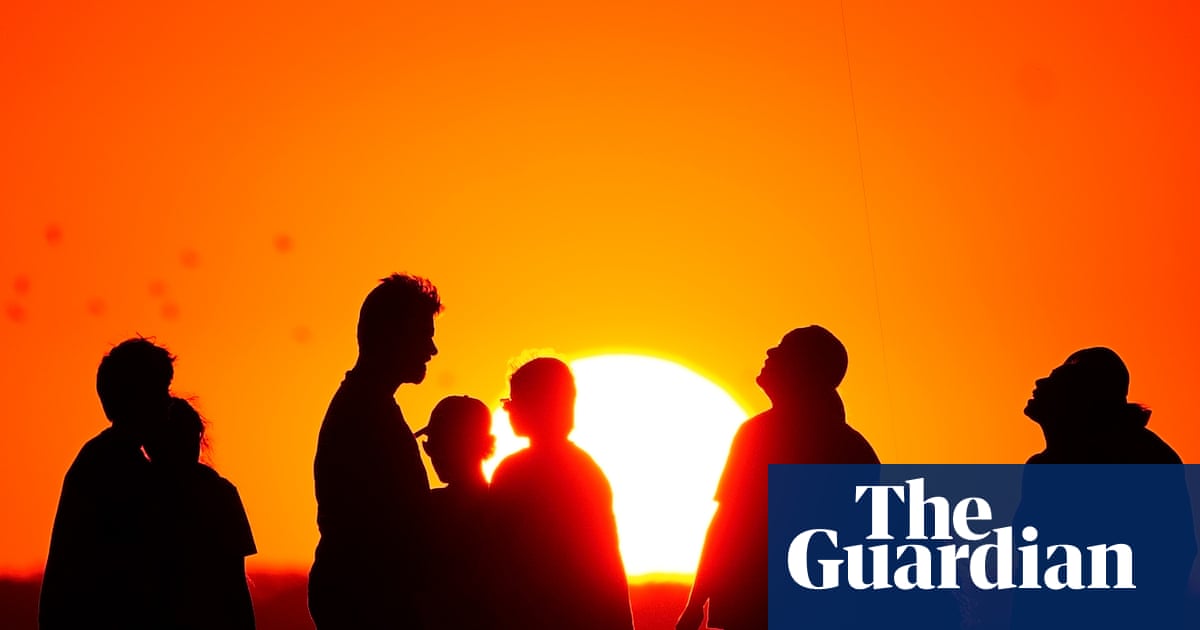
"The prolonged Nordic heatwave in July was supercharged by the climate crisis and shows no country is safe from climate change, affecting historically cool climates."
"Global heating, caused by the burning of fossil fuels, made the heatwave at least 10 times more likely and 2C hotter, indicating human-caused climate breakdown."
"The heat had widespread effects, with hospitals overheating, 60 drowning deaths, and adverse wildlife impacts, especially on reindeer seeking shade in towns."
"Much of the northern hemisphere has experienced heatwaves recently, with wildfire destruction almost double the 20-year average, intensifying the extreme weather."
The July heatwave in Nordic countries, including Norway, Sweden, and Finland, was worsened by climate change, resulting in record temperatures and widespread effects. Finland recorded 22 days above 30C, while Sweden experienced 10 consecutive tropical nights. Climate models indicate that the heat would have been improbable without human interference. The crisis led to overcrowded hospitals, at least 60 drowning deaths, and ecological distress, with impacts on wildlife like reindeer. The phenomenon reflects a broader trend of increasing heatwaves across the northern hemisphere, with significant fire damage reported in several regions.
Read at www.theguardian.com
Unable to calculate read time
Collection
[
|
...
]